I'm trying to do a query with a cardinality restriction. The query looks like
ClassA and (roleA min 2 ClassB)
but this returns an empty set. On the other hand when I do the query
ClassA and (roleA some ClassB)
it returns some individuals of ClassA. Why does the cardinality query not work when I know there are definitely a least two roleAs on some ClassA individuals?
To be more specific, I have the classes Team, Player and Position, and object properties employs (which relates Teams and Players), and hasPosition (which relates Players and Positions). I'm trying to do the query
Team and employs min 2 (Player and hasPosition some { Striker**}**)
which should return the teams with two or more Strikers but obviously because OWL doesn't make the unique name assumption it returns an empty set. I have tried to declare that some of my individuals are distinct, but when I execute the query with the distinct individuals in place it causes Protégé to crash. Protégé does not crash when running the query without the distinct individuals.
Edit:
Error Message from Pellet in Protege
 Striker shown in Ontology XML
Striker shown in Ontology XML

